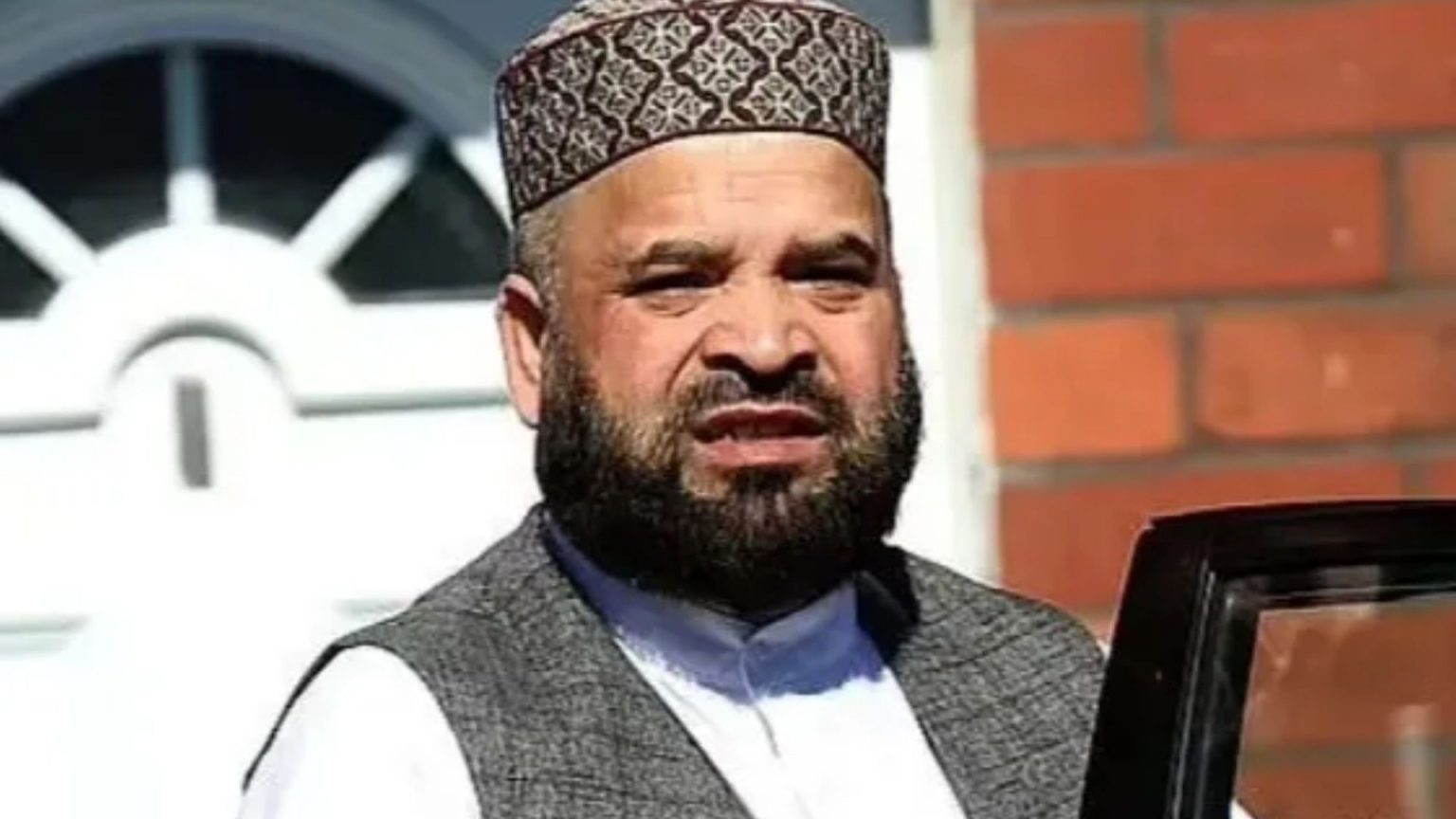The case of Qari Abdul Rauf, the ringleader of the Rochdale grooming gang, epitomizes the failures of the British legal and political systems regarding the deportation of convicted foreign criminals. Despite a deportation order issued a decade ago, Rauf remains in the UK, even delivering takeaways in the same town where his victims reside. His manipulative tactics, including renouncing his Pakistani citizenship to become ‘stateless’ and exploiting the European Convention on Human Rights to claim a right to family life, have successfully delayed his removal. This case highlights the frustrating impotence of a nation bound by rulings from the European Court of Human Rights and frequently outsmarted by human rights lawyers. It underscores a deep-seated incompetence within successive governments, unable to effectively enforce deportation orders and protect vulnerable citizens from convicted criminals.
The situation extends beyond the Rauf case, pointing towards a wider systemic issue. The inability to deport convicted criminals not only poses a significant threat to public safety but also erodes public trust in the justice system. It creates a perception of injustice, particularly for the victims who are forced to live with the knowledge that their abusers remain free and potentially within their community. The government’s failure to address this issue effectively demonstrates a serious lack of political will and competence, leaving many to question the efficacy of the current legal framework and the commitment to protecting victims’ rights.
The ongoing debate regarding a new law mandating public officials to report suspected child abuse further exposes the complexities and contradictions within the British system. While this law is a welcome step towards greater child protection, its efficacy hinges on its comprehensive application. This includes holding powerful institutions like the BBC accountable. Historically, the BBC has been accused of ignoring and even covering up instances of child abuse to protect its reputation and prominent figures. Any law that fails to address this institutional culture of silence within publicly funded organizations will ultimately be flawed and ineffective in truly protecting children.
The current economic landscape in Britain reveals a stark contrast to previously projected stability. Despite claims of providing a safe haven for investors under Labour, the economic reality under Rishi Sunak’s leadership is far less rosy. After a brief period of growth topping the G7, the UK now finds itself at the bottom of the league table with rising inflation and soaring government borrowing costs. This economic downturn comes in the wake of Labour’s budget, which was widely criticized for its tax hikes and potential job losses alongside an expansion of the public sector.
These economic woes highlight the volatile nature of investor confidence and the potential repercussions of policy decisions. The flight of investors, likely spurred by Labour’s budget and perceived economic instability, has further exacerbated the situation. Consequently, the heightened cost of government borrowing places immense pressure on the Chancellor’s fiscal plans, potentially forcing difficult choices between spending cuts and further tax increases, both of which carry significant risks for the economy. The current state of the economy underscores the fragility of economic recovery and the ongoing challenge of balancing fiscal responsibility with the need to support public services and stimulate growth.
This confluence of events – the failure to deport convicted criminals, the need for more robust child protection legislation, and the precarious economic situation – paints a troubling picture of Britain’s current state. These interconnected issues reflect underlying systemic weaknesses and a lack of decisive leadership needed to address them effectively. The prevailing sense of public dissatisfaction and eroding trust in institutions necessitate a comprehensive reassessment of policies and priorities to restore stability, ensure justice, and rebuild confidence in the government’s ability to address the nation’s challenges.


